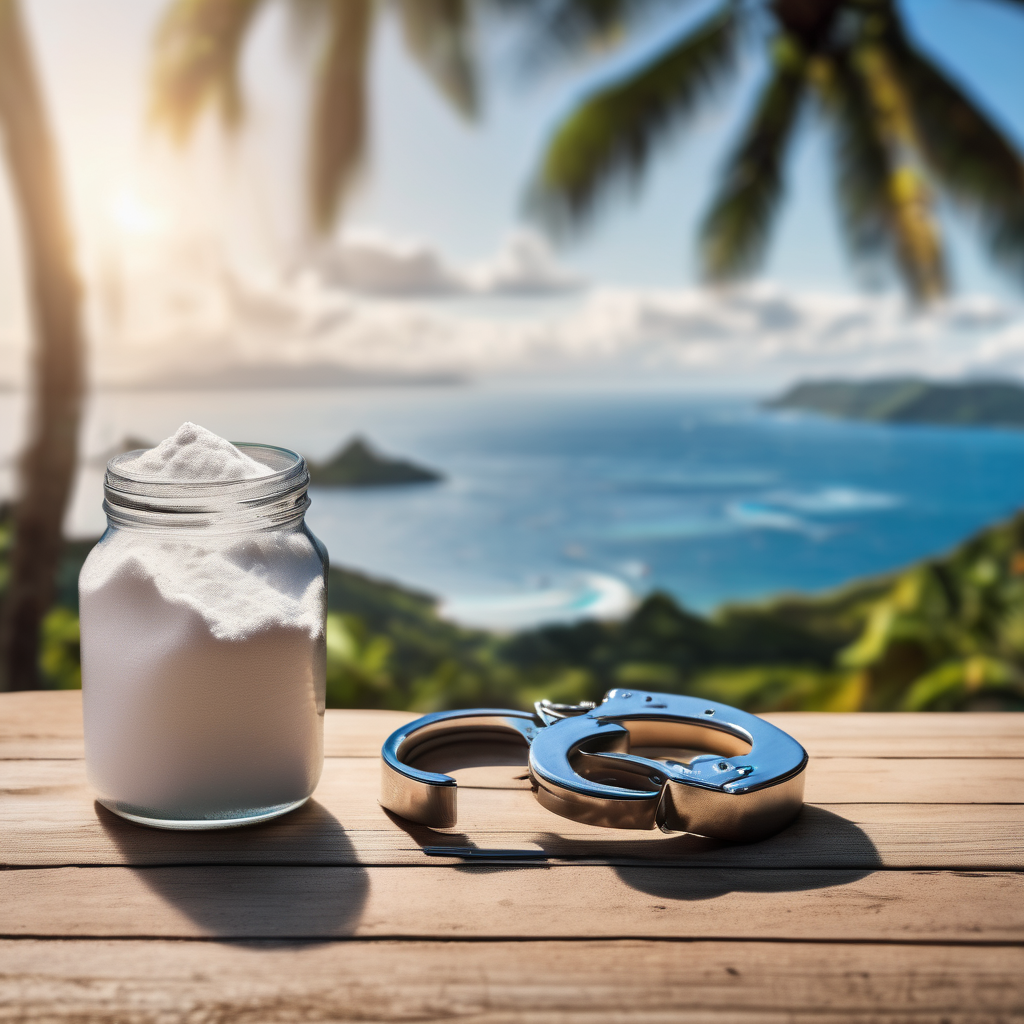In a significant development, Fiji police have seized nearly $200 million worth of illicit drugs in the first nine months of this year, with the majority of offenders being young individuals. Minister for Policing Ioane Naivalarua presented these alarming statistics in Parliament, highlighting a pressing concern for the nation. The seizures comprise 19.3 tonnes of marijuana valued at $194.2 million and 4.1 kilograms of methamphetamine worth approximately USD $1.3 million, confiscated between March and September 2025.
During the same period, from January 2024 to August 2025, the police recorded 3,096 cases of unlawful possession and 225 cases of cultivation, resulting in 3,441 arrests. Notably, the majority of those apprehended were young people aged 18 to 35, with only a small fraction of 71 offenders being over 56.
Naivalarua emphasized that Fiji’s drug-related issues are predominantly among the youth, urging for broader measures beyond enforcement to provide alternatives to crime. He stressed the need for prevention, education, and creating pathways for youth away from criminal activities, stating, “A substantial portion of our young people who should be shaping the future of our nation are instead being drawn into the cycle of drugs. This calls for urgent action.”
In efforts to address the crisis, Naivalarua assured that the government is committed to operationalizing the Counter-Narcotics Bureau by the end of the fiscal year, supported by significant budgeting and pending legislation. This move aligns with earlier initiatives highlighting the importance of an independent bureau focused on tackling drug-related challenges effectively.
Despite recent speculations, Naivalarua clarified that the bureau is not being disbanded following the arrest of four police officers involved but will be rebuilt on stronger foundations of governance and integrity. He called on all sectors of society, including chiefs, communities, schools, youth groups, and faith-based organizations, to engage actively in the national fight against drug abuse and trafficking. Naivalarua underscored that citizen participation is vital to law enforcement success.
Fiji’s escalating drug crisis has been met with a multi-faceted response, involving stringent enforcement, community engagement, and strategic plans, which show promise for a healthier future. These initiatives, coupled with public collaboration, could pave the way for effectively reducing drug-related crimes and aiding societal progress towards mitigating these pressing challenges.
